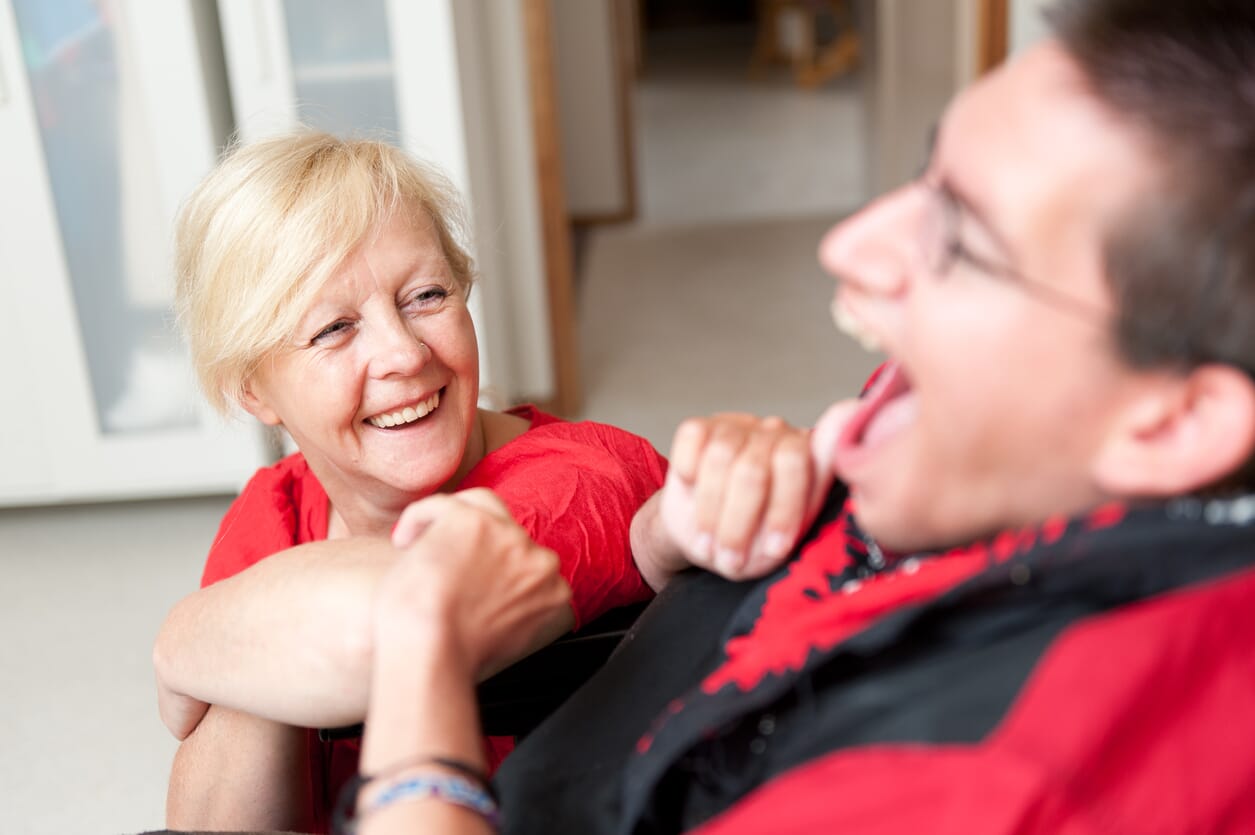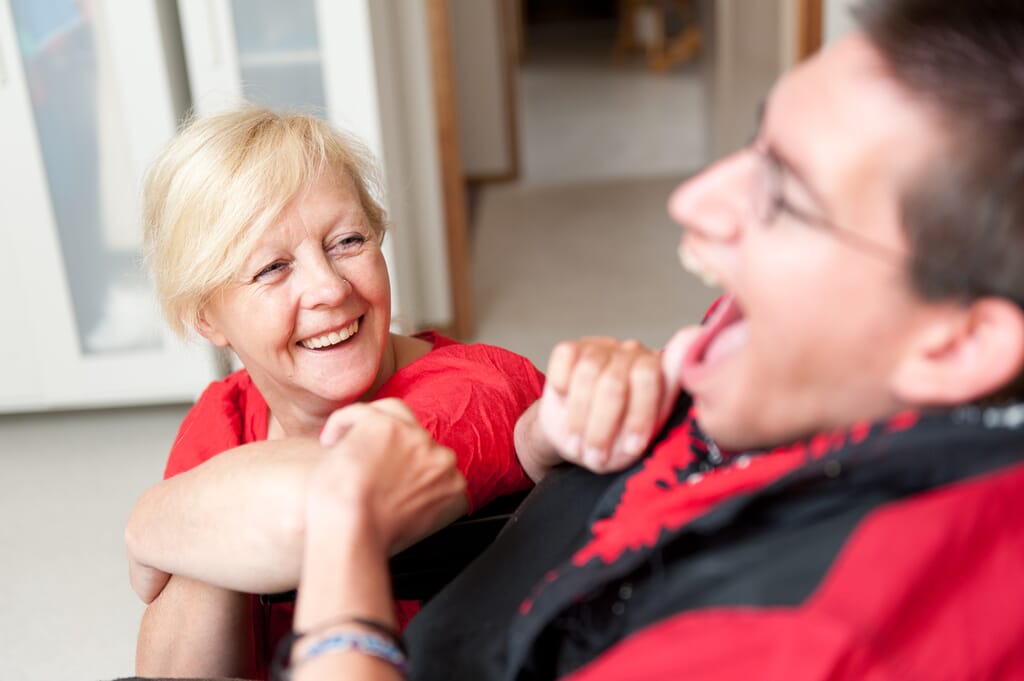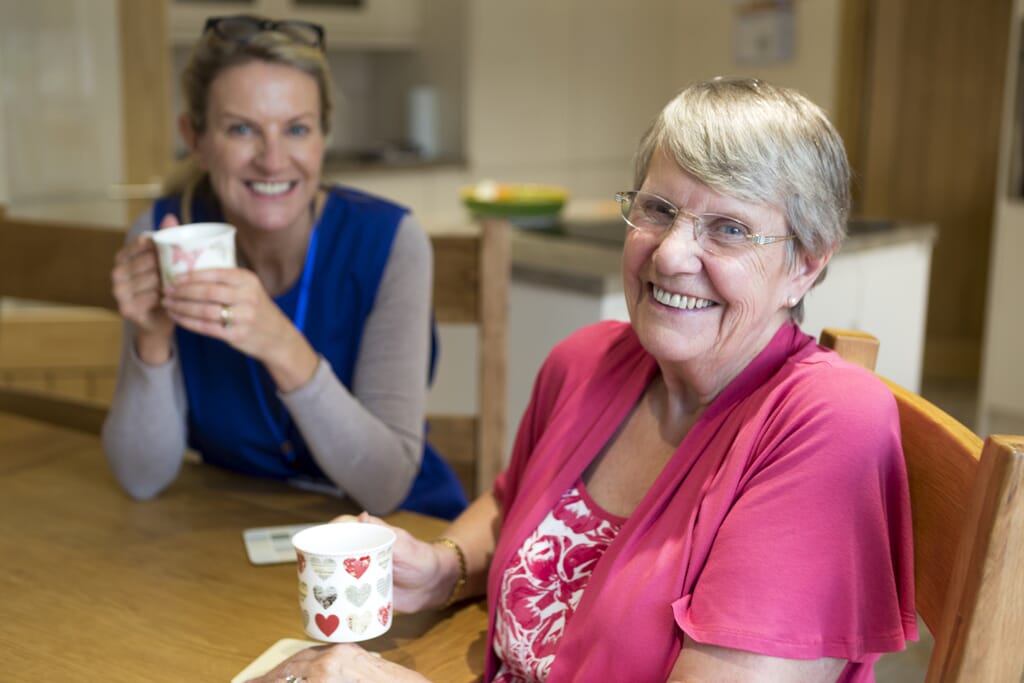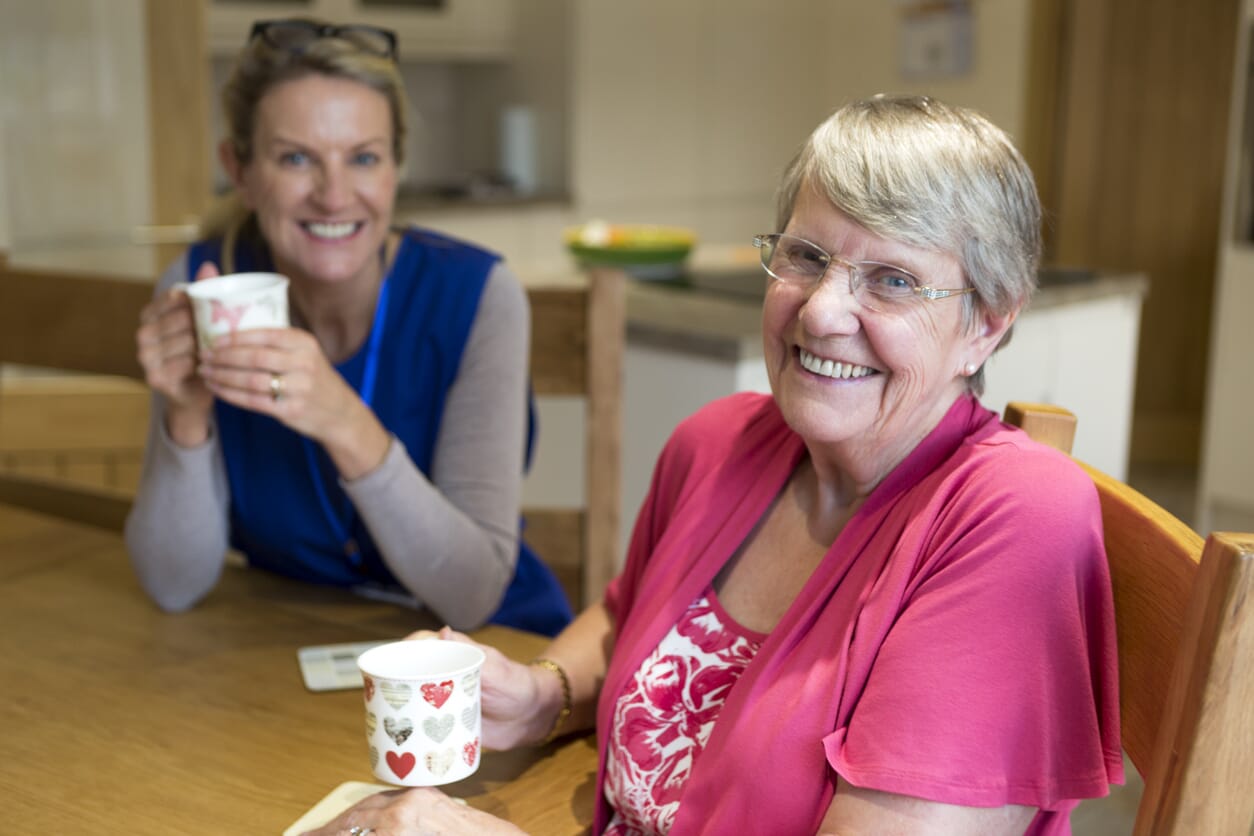Call: 01242 383 773 Or Email us

Complex Care
Do all children with complex needs have advance care plans?

Children or young people who have complex care needs such as a life-long illness, disability or impairment – either from recent sickness or injury or from birth – may require daily support. An advance care plan can be helpful to ensure your child receives the health care they need and establish a protocol if your child’s condition deteriorates.
What is an advance care plan for children?
An advanced care plan can be devised by those caring for children and young people who have life-long conditions. People with advance care plans may require various care over their lifetime, including mental health support, 24-hour care or end-of-life care.
Care plans are designed to help parents and the child being cared for to be involved in all the decisions surrounding care. The plan can also help those involved to understand the condition itself and what care management will be needed – both now and in the future. Your advance care plan is developed in consultation with doctors and support workers to ensure everyone is on the same page about the required care and the continuity of care.
The care plan should then be distributed to all involved in the child or young person’s care. This can include medical professionals as well as schools or local authority groups.
The advance care plan is reviewed regularly. Often this occurs when treatment occurs or the condition of the person being cared for changes. The care plan can also be reviewed on request as feelings towards different elements of the plan may change over time.
What does an advance care plan cover?
An advance care plan details everything from the basics to more serious elements depending on the severity of the child or young person’s condition.
The plan may cover the following:
- Information about the child and their family (particularly those who will be involved in caring for the child)
- Information on the medical professionals involved in care and treatment
- Who is responsible for giving consent for treatment
- Summary of the condition – this includes notes on previous treatments and care they have received
- Treatment plans and objectives
- Recording of significant discussions with the parents/carers or the child/ young person
- The ambitions of the person being cared for – including education goals and social activities they enjoy
- The child or young person’s preferences – including likes and dislikes, relationships with various family members, and religious or cultural beliefs (this can also include simple things such as if the child prefers a bath or shower etc.)
- The process in which the family and child would like new information about their condition to be communicated
- The child or young person’s comfortability of discussing dying
- Important medical decisions – including preferred place of care, preferred place of death, organ and tissue donation details, life support or DNR plans and funeral arrangements
- Distribution list for the plan
An advance care plan is helpful to provide peace of mind that your child or young person will receive the care that has been agreed upon, no matter the circumstances. The plan should be added to your child’s medical records, and updates to all those on the distribution list should be sent each time the plan changes.
Find the Perfect Carer for your Family
If you are looking for advice about carers or hiring a specialist carer for your child, our friendly and experienced Care Advisors are on hand to talk you through the process and find a carer that matches your needs. Whether you require a 24-hour care assistant with complex care experience, or an extra pair of hands to help at home, simply call our team on 01242 505415 or emails us at enquiry@safehandshealthcare.co.uk. See our recent CQC inspection results here.




